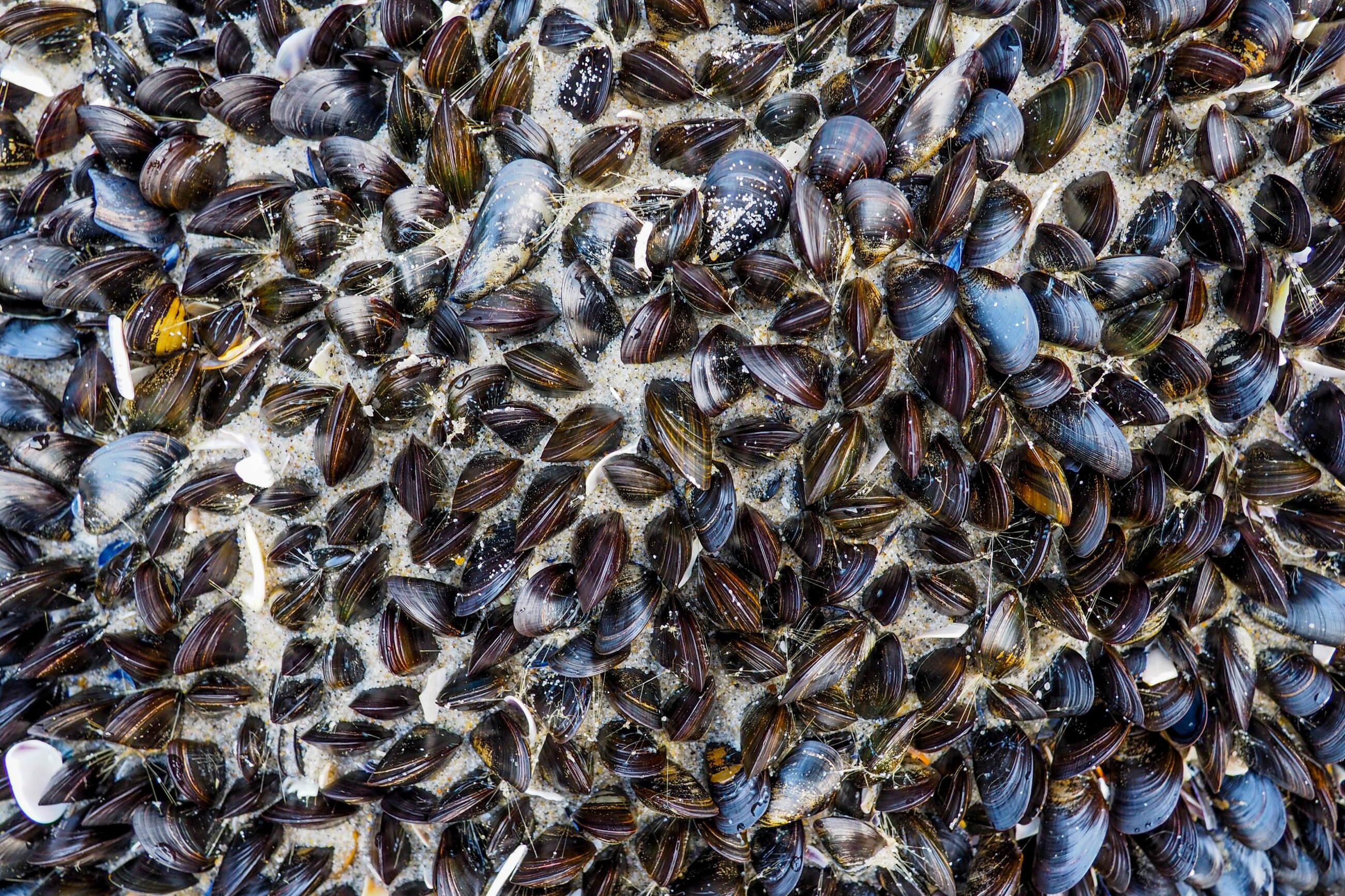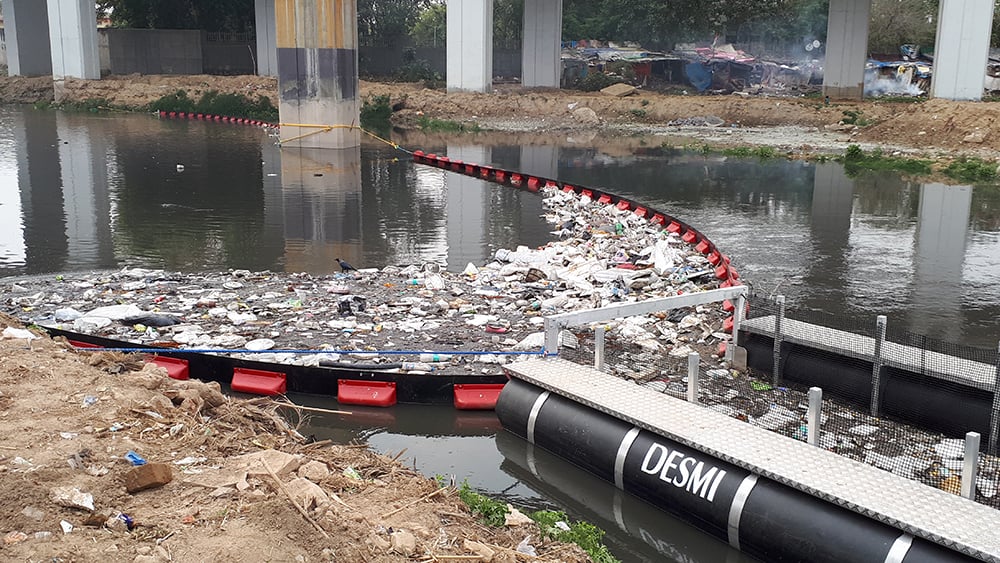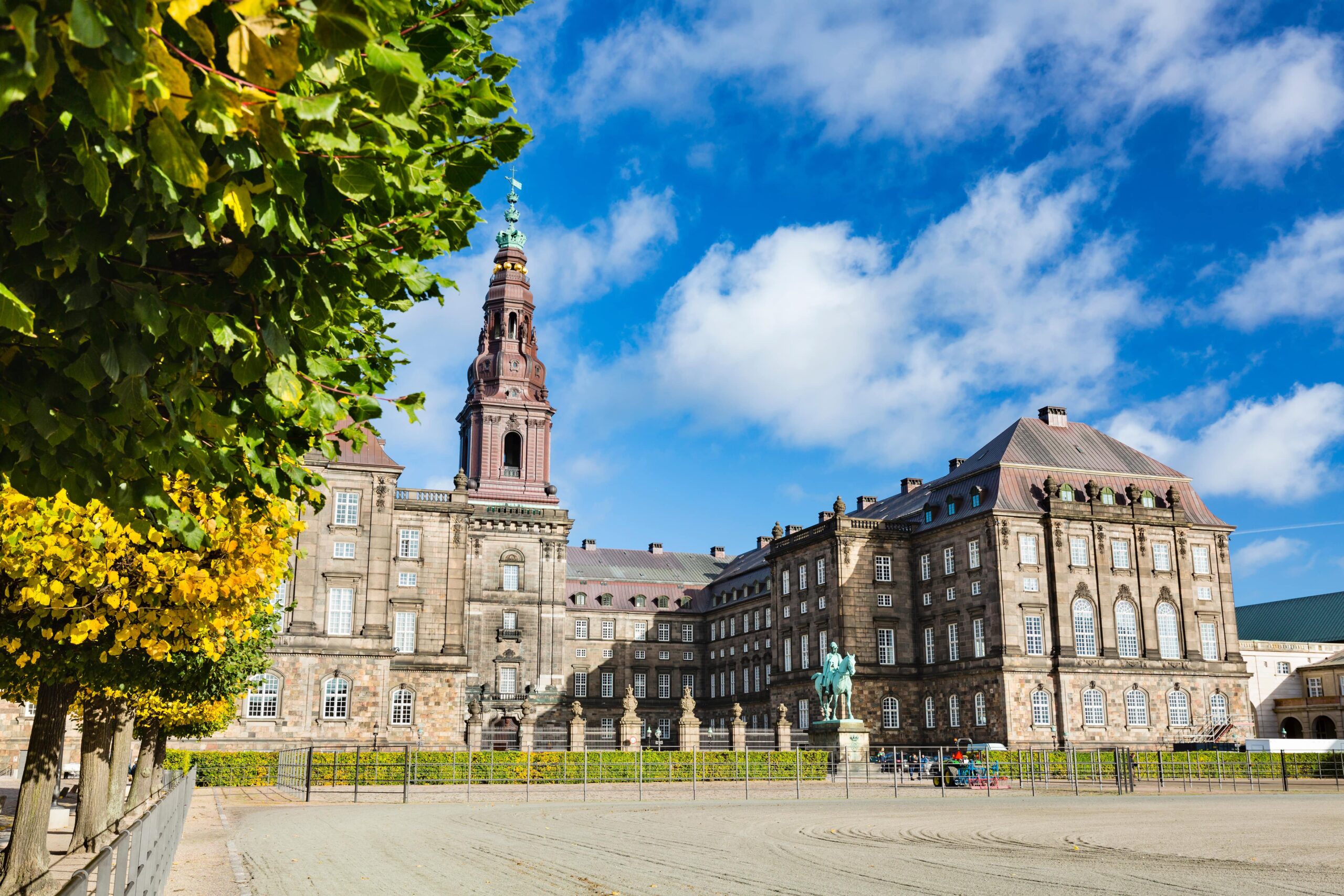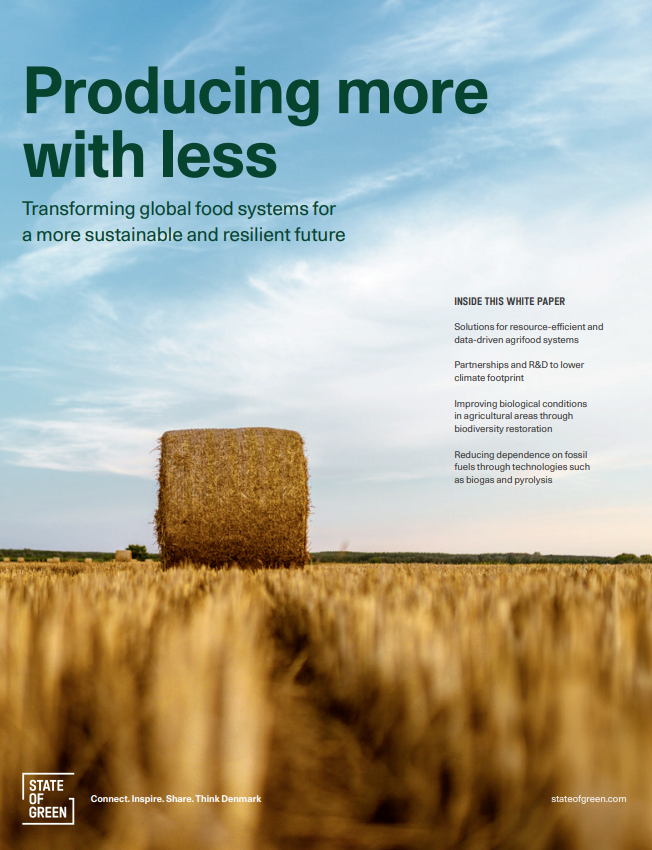News
Circular business models
Resource efficient production
Water management
+1
Surplus mussels turned into sustainable feed


From the start of 2019, EU regulations will require that farmers use only organic feed in the production of organic livestock. However, it is not possible for Denmark to produce the quantity of organic feed needed by the country’s organic livestock producers, unless new types of feed can be identified.
Researchers from the National Food Institute at the Technical University of Denmark (DTU) have been studying ways of turning mussels, which are too small to sell as food for human consumption (less than 4.5 centimetres long ), into a financially viable, sustainable and organic ingredient in chicken and pig feed.
New production lines
The traditional method for processing mussels for human consumption is expensive and time consuming. In this method, the mussels are harvested, boiled and shelled, other species — such as starfish and crustaceans — are removed and the boiled mussels are processed.
The National Food Institute’s researchers have therefore been working to develop a new production line for feed production, which leaves out the expensive cooking process and the time consuming sorting process.
-Related news: Grains and vegatables to be grown in festival pee
After experimenting with meat grinders, juicers and various equipment from the institute’s testing facilities, the researchers have identified the most promising method. It involves putting the mussels — including the calcium rich shells and any nutritious bycatch — through a meat grinder and then a compact filter, which separates the mass into a liquid fraction and a solid substance. The liquid is then spray dried into a flour, which is mixed with the feed.
Calculating the financial viability
The method has produced promising results, but the researchers continue their work to identify improvements that can increase the amount of liquid, which is separated from the raw material, e.g. by using a different roller in the contact filter.
The institute’s researchers are also studying the nutrient content of the flour, as the price of feed ingredients is dependent on the nutrient content. Results from the analysis as well as experiments to extract more liquid will be used to calculate whether it is financially viable to produce the mussel flour.
-Related news: Producing more with less - The Danish agriculture and food cluster's recipe for accelerating progress on the UN SDGs
The National Food Institute’s collaboration partners at Aarhus University, Denmark, are looking into whether the flour can replace traditional protein sources in chicken and pig feed, and how nutrients in the feed may affect the health of the animals and the quality of the eggs.
Part of something bigger
The National Food Institute’s work is part of the research project MuMiPro, which is headed by DTU Aqua. Apart from creating a new, organic feed source from a sustainable raw material, the aim of MuMiPro is to improve the water quality in Limfjorden, a 180 km long strait across nothern Jutland, Denmark, by growing mussels that remove nitrogen from the water.
MuMiPro supports the UN’s Sustainable Development Goal 12 aimed at increasing sustainable production patterns. Read more about the project on MuMiPro’s website.
Source: Technical University of Denmark
You should consider reading
publications
Resource efficient production
+15















